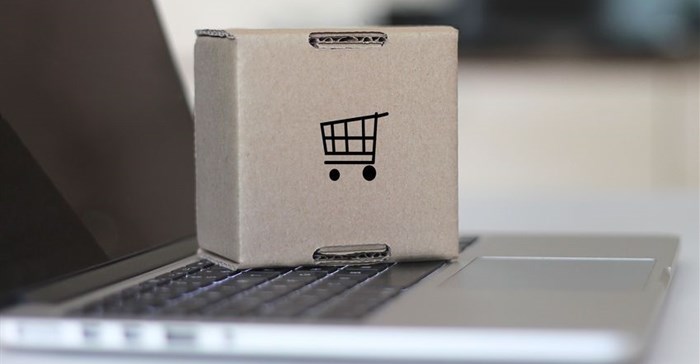While e-commerce has been with us for a considerable amount of time, the Covid-19 pandemic and the effects of lockdown protocols across the region have pushed its use to new heights.
Business Day recently quoted a Nielsen report that more South Africans are shopping online during the lockdown, where 37% of respondents saying they are shopping via e-commerce.
E-commerce is becoming the retail option of choice in the current environment for a number of reasons. First, it helps businesses and customers to follow all health and safety regulations, while serving their customers.
Second, less contact means more peace of mind. Instead of having to walk through dozens, if not hundreds of other mall shoppers and staff, customers now deal with one person, delivering their purchase to their home, work, or the location of their choice. Social distancing is easier for the consumer with e-commerce – and contactless deliveries are now standard for many delivery providers.
E-commerce also generates data, which can be used to improve the customer experience through recommendations, cross-selling and CRM (customer relationship management).
Delivering credible, consistent service
The pandemic has encouraged people to commit to e-commerce. Nielsen found that an increasing number of consumers – especially in Africa – intend to keep shopping online after lockdown. Nineteen percent more Nigerians, 18% more South Africans, and 10% more Kenyans intend to shop online for packaged food post-outbreak than before.
Service providers must not miss this opportunity. Consumers have come to not just trust, but rely on e-commerce during the lockdown, so retailers must keep providing quality products at appropriate prices without compromising the customer experience.
Online shopping also needs to open up, especially in African markets, so that all sectors of society can access and use it – not just the middle classes. As the costs of data and mobile handsets drop, and more people start to trust online shopping, e-commerce should spread even further – with more people from rural and regional locations across our continent.
As this market grows, service quality will improve, delivery networks will expand, and vendors will find more partners. The challenge for vendors and service providers is to keep quality high, so the platforms remain credible. Customers need to know that their purchases will be delivered safely, that the purchase will be secure, and that their personal information will be protected.
Supply chains have begun adjusting to the needs of the consumers, and geographical boundaries are less of a problem. Returns processes are now more efficient and convenient. Retailers are launching new solutions, like click-and-collect, hold-at-location, and alternative delivery addresses.
By the time all international and logistics limitations return to their pre-Covid status, the true potential and adoption of e-commerce will be clear. Today, we can buy almost anything we want, from almost anywhere in the world, and have it delivered within a matter of days.
E-commerce is the future of retail, and that future is closer now than it has even been before.














































